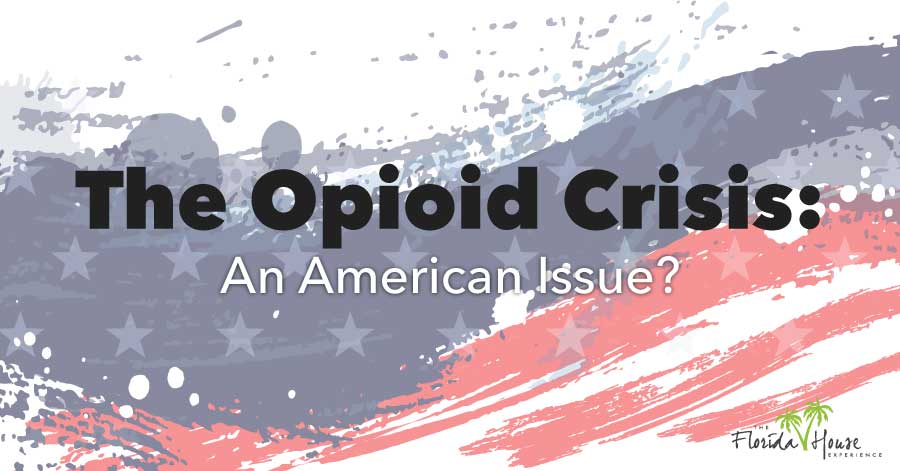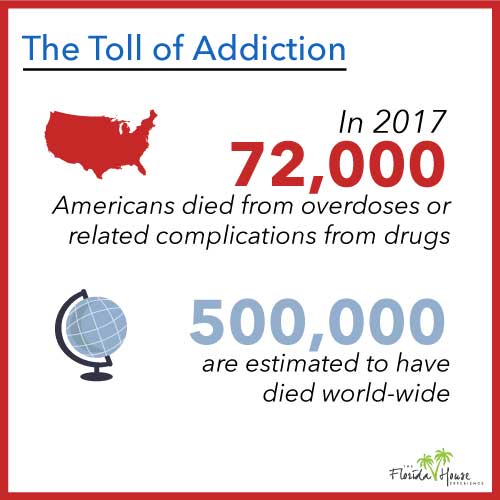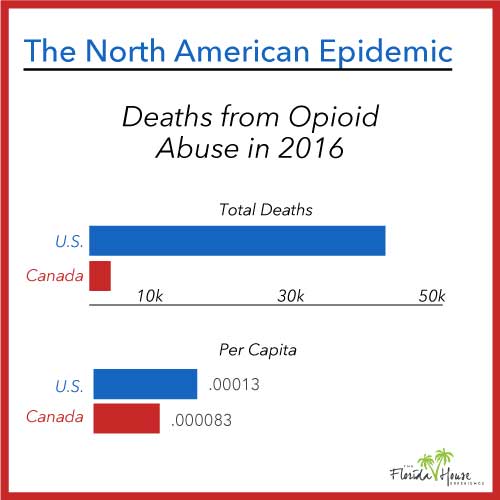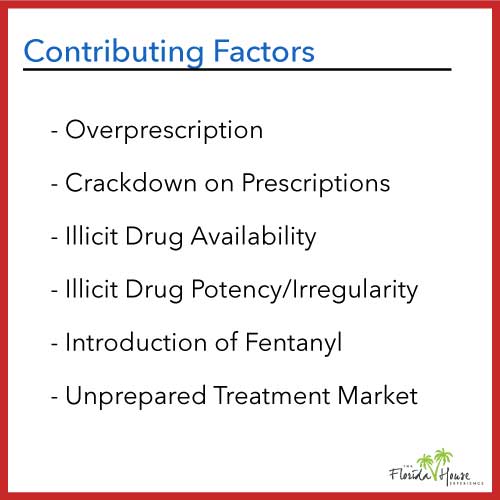
Opioid addiction has impacted world societies since the discovery of morphine in the 19th century. Originally intended as a medicinal solution for a variety of ailments, morphine addiction spread rapidly among doctors who had easy access to the drug. Another opioid developed in the 19th century was heroin, which did not become a problem until it was commercially marketed as a safe medicine without addictive properties.
In fact, heroin was eventually trademarked and proclaimed to be an effective, non-addictive replacement for morphine by the medical industry. By 1924, addiction to heroin had become rampant in the U.S., and Congress passed a law that banned the sale and manufacturing of all opioids.
The Opioid Crisis Today

In response to the opioid addiction epidemic, world leaders participating in a global initiative to combat drug addiction intend to reaffirm international obligations to control the production and transportation of illegal drugs. Some of these obligations include tracking the cultivation and manufacturing of drug precursors (plants, in particular) and assisting law enforcement in working together to stop money laundering and crime associated with opioid trafficking.
Surges in the production of opioids and deaths due to opioid overdose indicate the countries that produce most of the heroin making its way to the U.S. are not meeting their obligations. Between 2016 to 2017, opium production globally increased 65 percent (over 10,000 tons). In addition, opioids were responsible for at least 75 percent of drug deaths worldwide.
What Is the United States Doing to Combat the Opioid Crisis?
Actions the U.S. can take include:
- Publicly naming responsible politicians who refuse to do enough about drug trafficking and production in their own country
- De-certifying countries (reducing or eliminating aid) that do not participate fully in fighting the global opioid crisis
- Strengthening laws governing the sale and trafficking of opioids into the U.S.
The Department of Health and Human Services recently developed a “5 Point Strategy” to help reduce opioid abuse in the United States. Prevention strategies proposed include:
- Providing “science-based education campaigns” to the public regarding substance abuse, evidence-based addiction treatment, prevention strategies and how to stop propagating the stigma of addiction
- Providing support for community and school anti-drug and prevention programs
- Identifying people at risk for opioid addiction and offering early intervention services
- Educating healthcare professionals and the public about the dangers of adverse interactions caused by combining opioids with other medications and alcohol
Not Just an American Issue: The Opioid Crisis in Canada

Canada is taking an alternative approach to its opioid crisis by establishing the only “safe injection” location in North America in Vancouver. This safe injection site has not reported any overdose deaths since opening over a decade ago. However, safe injection sites remain controversial in the U.S., even though the American Medical Association has fought to implement such sites against Congressional reluctance.
Why Does an Opioid Crisis Exist in the U.S.?
Experts say that the opioid crisis officially began in the 1990s when physicians started overprescribing painkillers (opioid analgesics). Overprescription of opioids was partly due to nearly a third of Americans visiting doctors for chronic pain conditions and partly due to pharmaceutical companies telling physicians that their research showed painkillers were not addicting.
The potency of opioid pain pills also increased significantly in the 1990s and early 2000s. By 2002, 6 percent of prescription opioid users were taking drugs twice as powerful as morphine. During this time, the two most prescribed and abused opioids were hydrocodone and oxycodone.
Dangers of Prescription Opioids

- Just like a heroin or methamphetamine addiction poses the risk for overdose and death at any given time, prescription drug abuse also has the same ever-present risk of dying from an overdose.
- Heroin and painkillers are both sedative analgesics that target opioid receptors in the brain to deaden nerve endings, relieve pain and induce a pleasant sensation of euphoria and well-being. Almost immediately upon coming under the influence of opioids, the brain learns to “crave” this euphoria, which often leads to addiction.
- Tolerance for opioids builds quickly. This causes the liver to process heroin and pain pills much more effectively than the brain is able to process them.
- Higher tolerance also means abusers need more of the drug than prescribed by their physician. Unless they can access enough opioids to ward off withdrawal symptoms, opioid addicts typically engage in criminal activities to obtain these drugs. Lying to doctors, doctor shopping, forging fake prescriptions, stealing from family and friends and selling other drugs are just some of the ways opioid addicts support their habit.
- Research has shown that a prescription pain pill addiction may force users to seek out street drugs such as heroin, morphine, and cocaine to avoid suffering withdrawal symptoms. When prescription pill users transition from legal medications to illegal substances, the risk of arrest and incarceration increases significantly. In addition, drug abusers may find themselves involved with dangerous people and situations that expose them to violence and sexually transmitted diseases.
- Opioid addicts experience high rates of unemployment, homelessness, and divorce. Among the psychological issues affecting addicts are severe depression, suicidal ideation, and psychotic episodes
The opioid crisis is indeed an American issue and one that needs to be rigorously addressed by the government, pharmaceutical companies, fraudulent physicians who continue overprescribing opioids for financial purposes and healthcare professionals involved in preventing and treating addiction.






